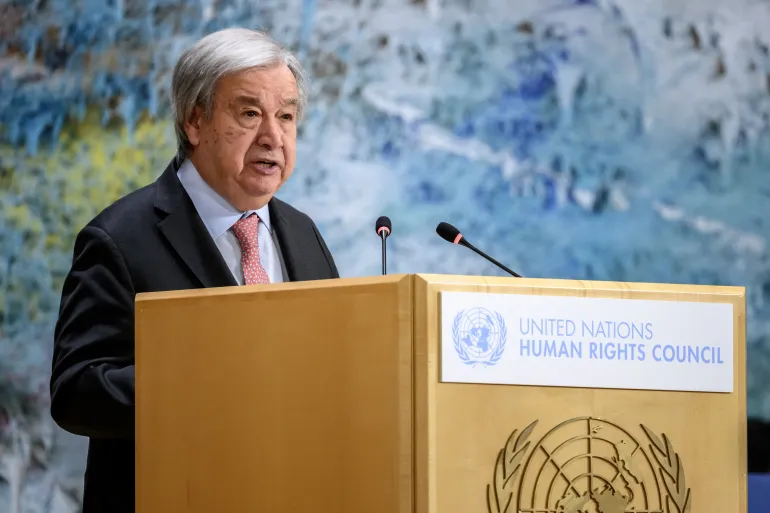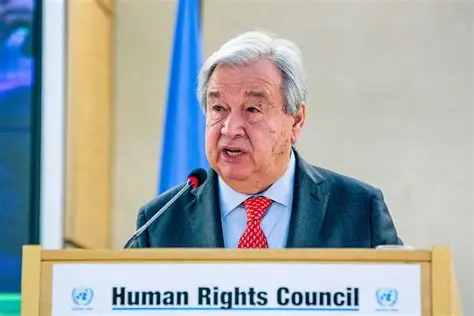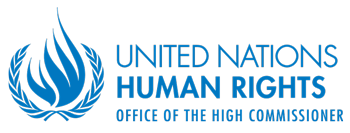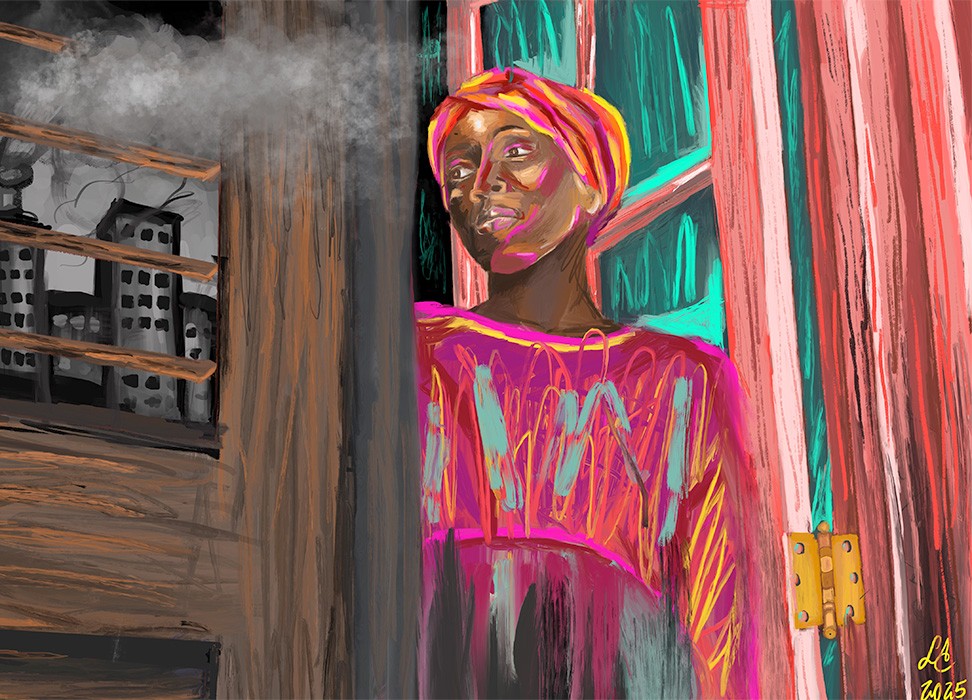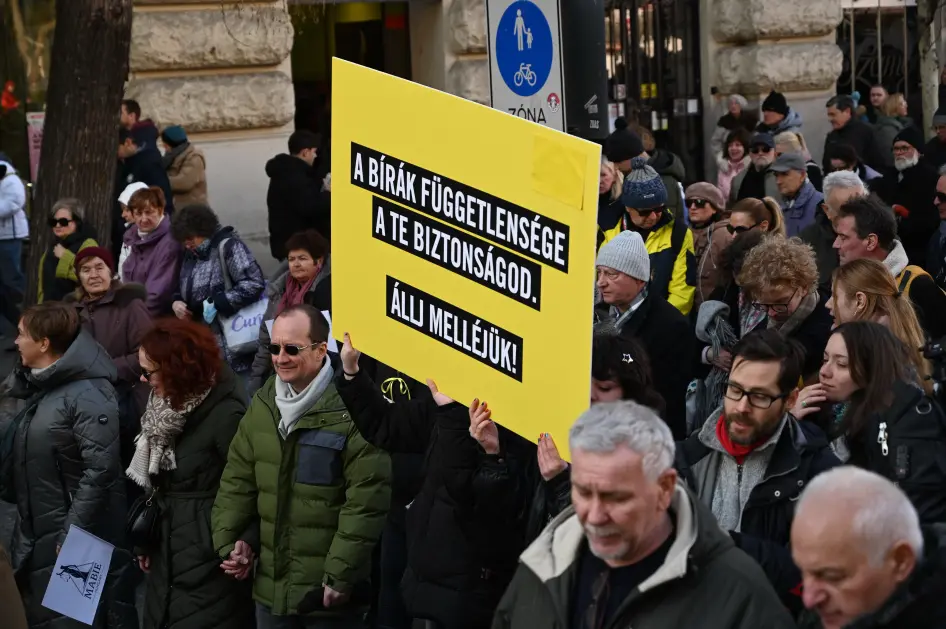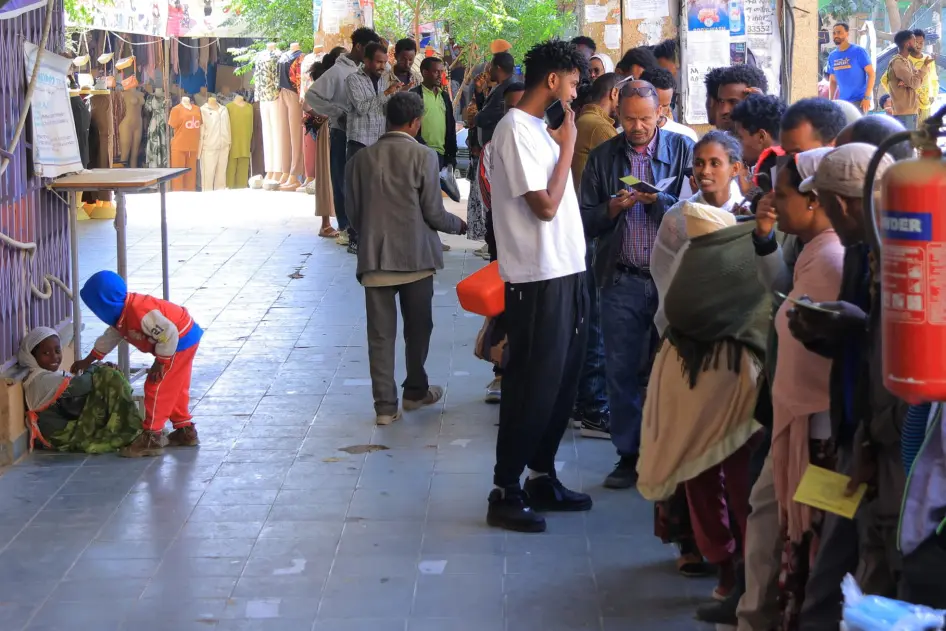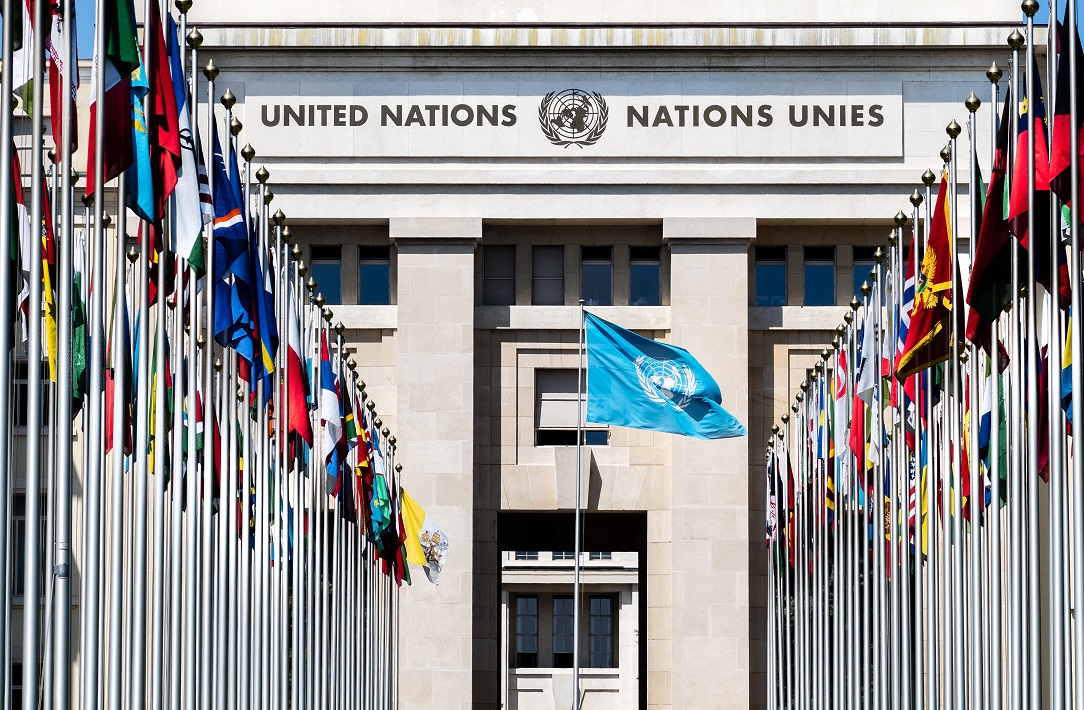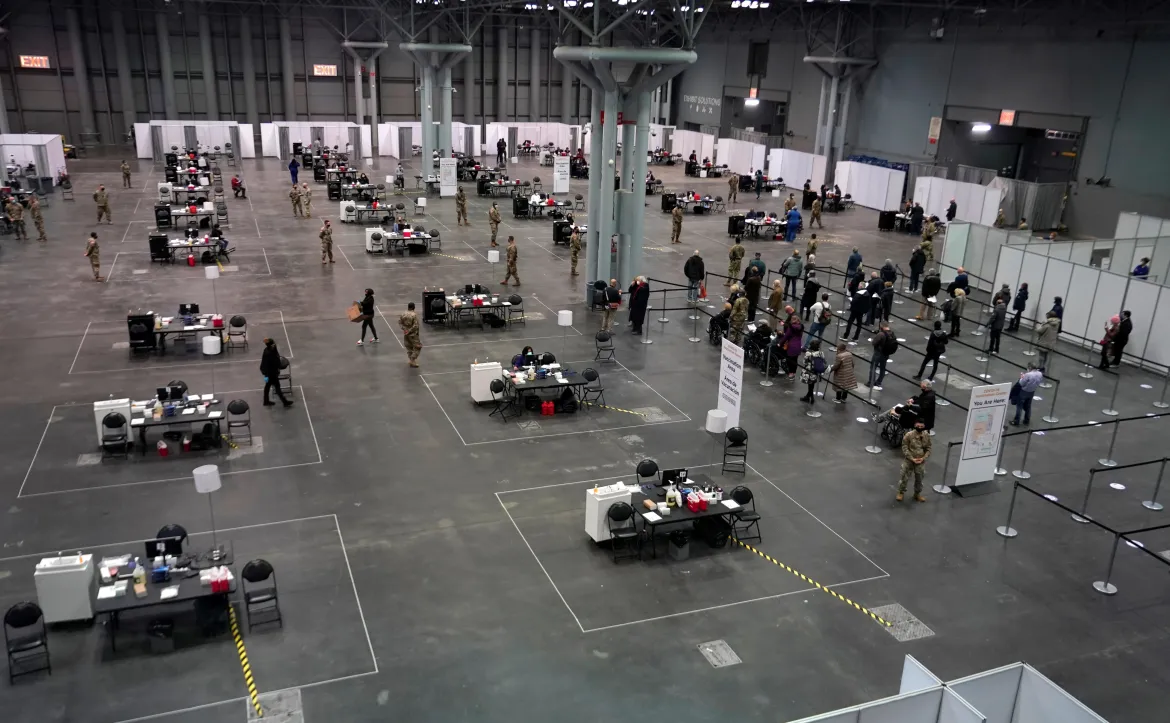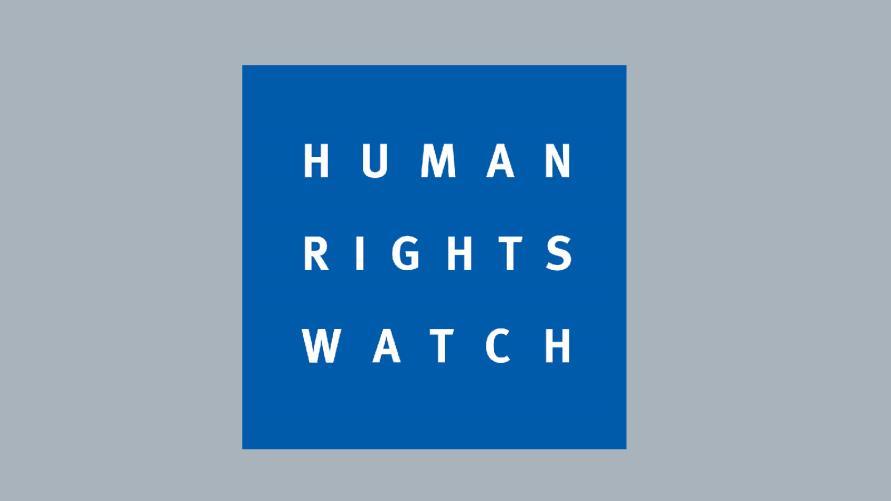New Internet Regulations in Vietnam: A Threat to Online Freedom and Privacy

Starting on Christmas Day, social media users in Vietnam will be required to verify their identities on popular platforms like Facebook and TikTok, as part of stringent new internet regulations that are sparking widespread concerns about the erosion of freedom of expression. These regulations are set to impose significant new burdens on tech companies operating in the country, forcing them to comply with government demands for user data and content control.
Under the new law, social media platforms will be obligated to store detailed user information, including personal identification data, and hand it over to the authorities when requested. This will grant the government unprecedented access to private data, raising alarms about surveillance and privacy violations. Additionally, companies will be required to monitor and remove content deemed “illegal” by the government within 24 hours of notification. Critics argue that this provision could lead to censorship of a wide range of speech, further stifling dissent and free expression in a country already known for its tight control over online discourse.
While the government defends the law as a necessary measure to ensure national security and prevent the spread of harmful content, human rights groups and digital privacy advocates warn that these measures will only deepen the suppression of free speech and make it more difficult for users to express themselves without fear of retaliation. For many, these regulations are seen as part of a broader pattern of increasing authoritarian control over the internet and the public sphere in Vietnam.
As the law comes into effect, both local and international critics are calling on the government to reconsider the implications of these regulations, fearing that they could have far-reaching consequences for internet freedom and personal privacy in the region. The introduction of such a policy also raises important questions about the responsibility of tech companies to balance government demands with the protection of user rights, especially in countries with repressive regimes.
Agencies.



